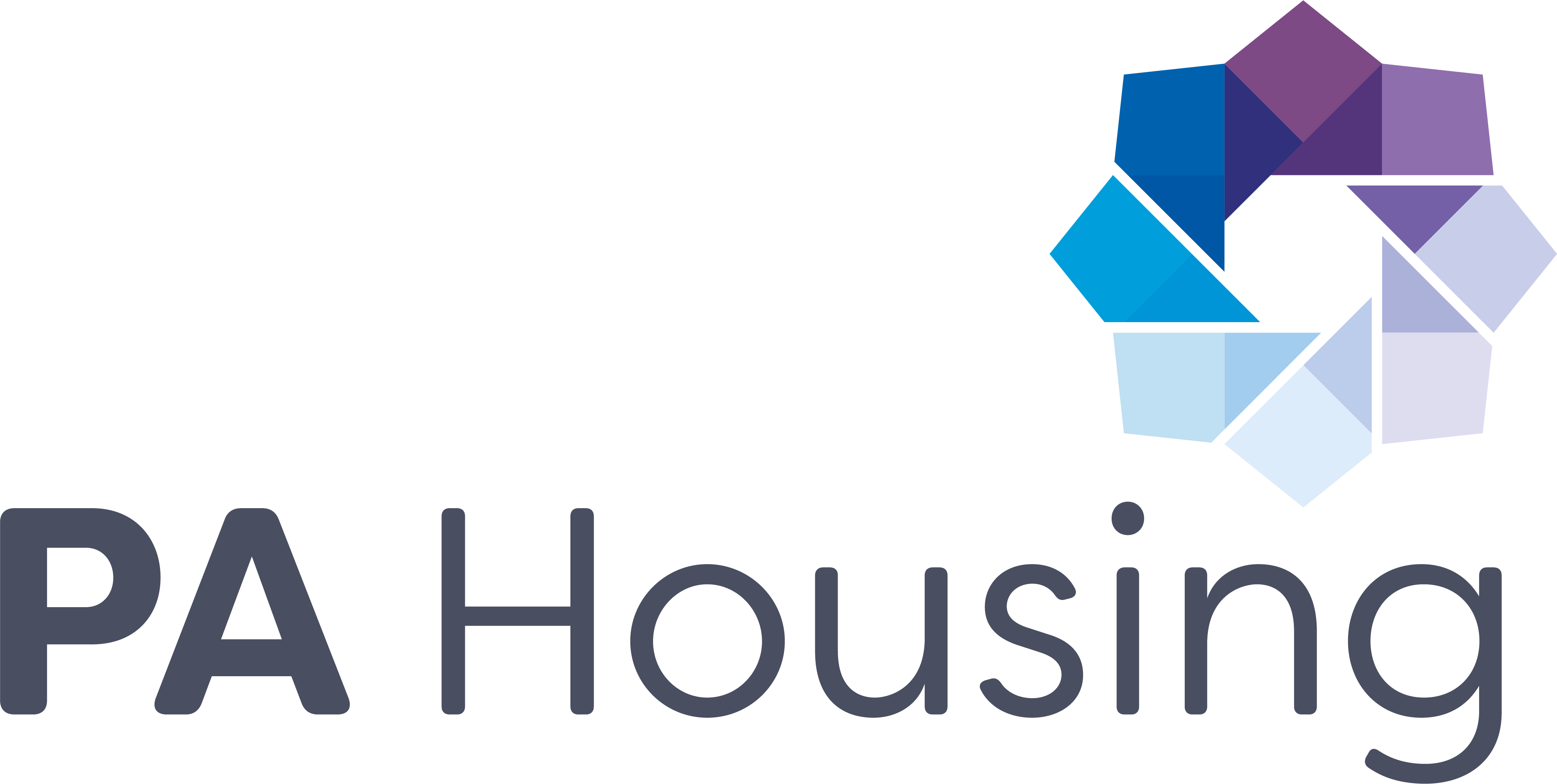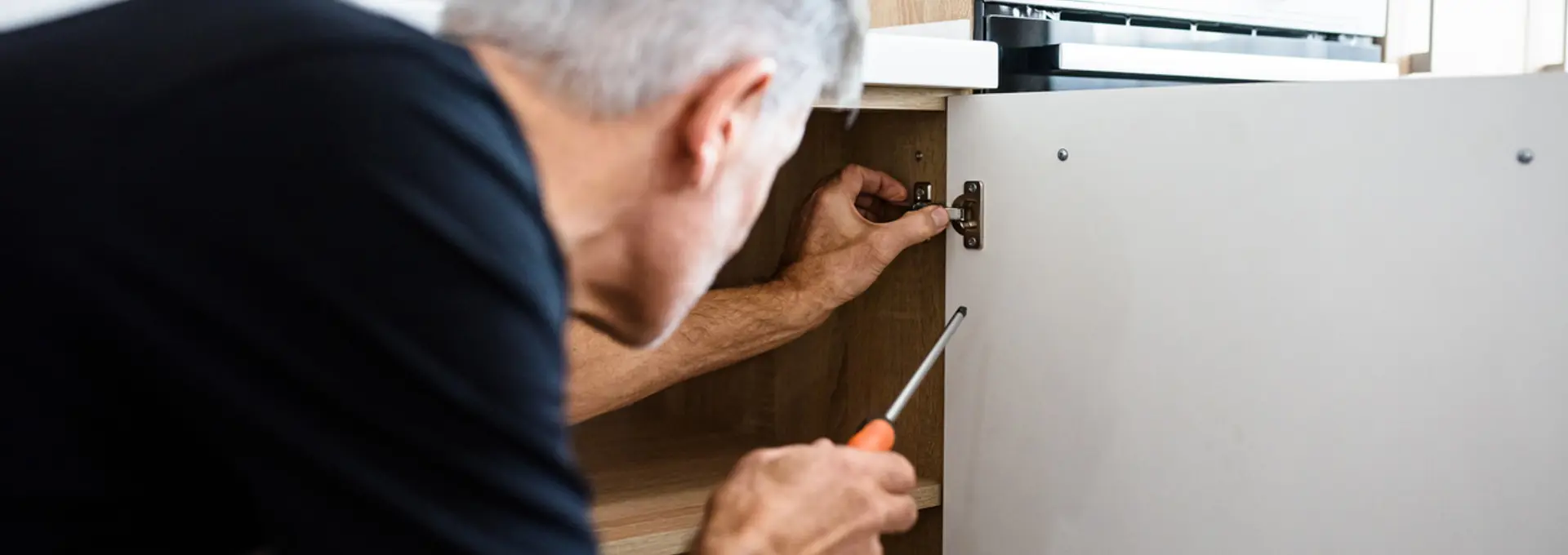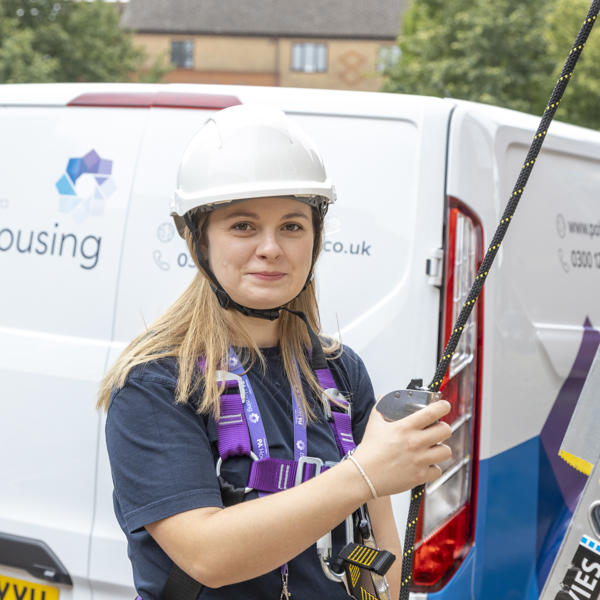
Emergency Repairs
An emergency repair is one that immediately affects your health, safety or security and would endanger life or, if not repaired, will cause damage to the building. Emergency repairs will be attended within 24 hours. On this basis, appointments are not available for emergency repairs. Often the solution is to make the immediate risk safe with further routine repairs needed to fix the issue.
Gas repairs will be attended to the same day they are reported if it's before 6.00pm. Gas repairs reported after 6.00pm will be attended the next day.
Emergency repairs will be attended within 24 hours to make safe.
This list is not everything we would class as an emergency, but is some of the most common:
- Blocked drains or toilet (if there is only one toilet)
- Broken windows
- Burst pipes
- Fire damage
- Flooding
- Gas leaks
- Offensive or discriminatory graffiti
- Severe roof leaks
- Total loss of heating (between October - March)
- Total loss of hot water
- Total loss of power or lighting
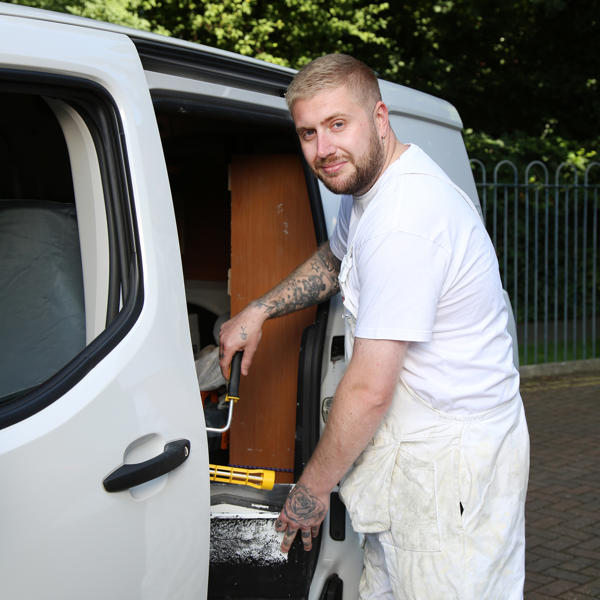
Non-emergency repairs
Non-emergency repairs work to be completed within 15 working days. Some repairs will need more than one appointment to resolve.
Our contractor will arrange the next appointment date if this is required, following the first appointment.
This list is not everything we would class as a non-emergency, but is some of the most common:
- Blocked drains, sinks, basins, baths and toilets
- Blocked gutters
- Damage to stair treads, handrails or banisters
- Defective cistern or overflow
- Dripping or leaking taps or shower units
- Electrical works
- External repairs to walls, and pathways
- Failure of entry phone
- Faulty communal TV aerial
- Heating faults or breakdowns
- Kitchen units and worktops
- Leaking roofs
- Minor plumbing repairs
- Non offensive graffiti
- Plasterwork
- Re-glazing (if a crime has been committed and a reference number provided)
- Repairs to doors, windows and floors
- Repairs to windows and external doors
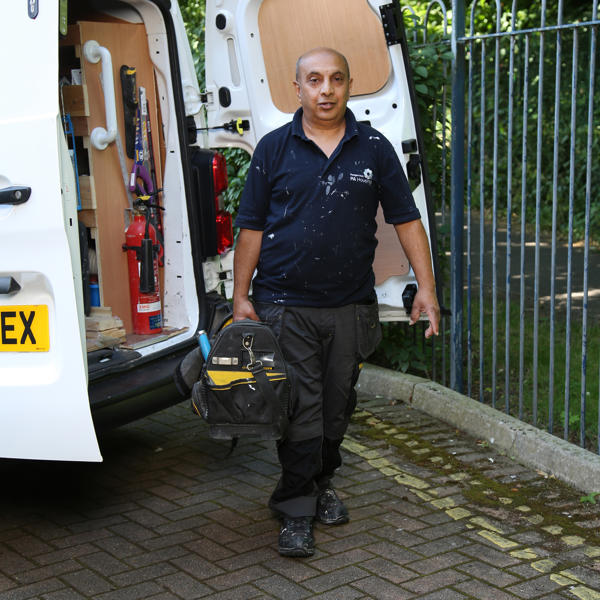
Repairs responsibilities
We are responsible for repairs to your home, as your landlord. You will also have responsibilities regarding repairs and conditions in your home that you will have to carry out yourself.
Before you request a repair, check these lists to see if it’s our responsibility or yours.
This list is normally replicated in your tenancy agreement:
- Boarding up broken glass in windows and doors externally.
- Building and structure cover.
- Electric immersion heaters fitted to hot water storage cylinders.
- External decoration, periodically assessed.
- Fixed, controllable heating systems, gas fired boilers, night storage heaters, radiators and gas supply pipework.
- Hot and cold water pipework.
- Maintaining appliances we have installed, which have not been gifted to you.
- Maintaining communal door and intercom systems.
- Maintaining fixed electrical installations.
- Maintaining mains operated fire or smoke alarms installed by us.
- Maintaining the bathroom suite as required by the Decent Homes Standard.
- Maintaining your kitchen in line with the Government’s Decent Homes Standard.
- Other types of fitted heating, if originally supplied and fitted by us.
- Pipework fed by mains services.
- Providing suitable waterproof flooring in the kitchen and bathroom.
- Repairing communal washing lines.
- Repairing mechanical air extraction systems such as extractor fans.
- Repairing or replacing faulty locks to external doors.
- Repairing sinks and taps (not blocked sinks).
- Repairing the structure of the property to eradicate penetrating damp.
- Repairing wall tiles and all splash backs unless they are damaged through misuse.
- Repairs following criminal damage or vandalism. Unless this is caused by you or those you are not responsible for.
- Repairs to sinks, wash hand basins, toilets, baths and showers.
- Replacing broken glass in windows where a crime reference number has been provided by you.
- Servicing gas and solid fuel heating systems, and annual gas safety checks for gas boilers and gas installations.
- Structural repairs to internal walls and skirting boards.
- Unblocking communal waste pipes and drains. Unblocking soil pipes.
- Unblocking toilets in blocks of flats, main drains and soil stacks.
- Window frames and sills.
This list is normally replicated in your tenancy agreement:
- All internal decoration.
- Any connection to your appliances. Regular cleaning of mechanical extraction systems.
- Any damage caused to properties by sink or washing machine overflowing or flooding.
- Any damage caused by the police or any other enforcement agency as a result of forced access.
- Any damage to plumbing installation within your home if caused by misuse.
- Any damage to your home as a result of you or those you are responsible for.
- Any temporary structure erected (subject to the necessary permission being granted by us)
- Bleeding radiators and operating the central heating system. Letting gas engineers in to carry out annual safety checks and gas servicing, which is a legal requirement. Please see the gas servicing leaflet.
- Cleaning the inside and outside of windows.
- De-scaling and cleaning the toilet, bath, shower head and shower tray. Replacing or repairing flexible shower hose and shower head. Replacing baths, basins or sinks if damaged by misuse or neglect.
- De-scaling sinks and taps. Replacing chains and plugs.
- Ensuring worktops and cupboards are not damaged. Keeping surfaces free from water. Repairing or replacing kitchen units if damaged by misuse or neglect.
- Fencing between neighbouring properties.
- Filling minor cracks.
- Fitting or dismantling satellite dishes (you will need to obtain written permission first).
- Fitting or dismantling TV aerials, telephone points, connections and sockets.
- Fitting or replacing any spyhole and door chain. Repairs to doorbells (electric or battery operated).
- Keeping all surfaces clean and free from moisture.
- Keeping external areas and pathways clean and free from rubbish. Any rubbish clearance required in your home.
- Installing any additional security items (once you have obtained written permission).
- Installing or repairing washing lines and washing line pole that are not communal.
- Maintaining and repairing any portable heating appliances.
- Obtaining your own household contents insurance cover for your belongings and for accidental damage. We recommend taking out an insurance policy to cover your personal belongings against fire, flood, accidental damage and theft. The National Housing Federation offers a ‘My Home’ policy which may be suitable: call 0345 450 7288 for details.
- Providing additional tiling/splashbacks if required in order to keep your home free from damp and water penetration. Subject to written permission.
- Regular test of domestic smoke alarms and carbon monoxide detectors. Replacement of batteries.
- Repairing anything you have installed, also including any damage as a result of installed items.
- Repairing internal doors including replacing locks and handles. Installing or replacing draught excluders.
- Repairs following misuse of communal doors and intercom systems. Keeping doors closed and secure.
- Replacing broken glass or glazing to any doors, windows or fixed panes where a crime reference number has not been provided by the police.
- Replacing door and window keys. Obtaining additional keys. Replacing locks where the key has broken in it.
- Replacing three pin plug cartridge fuses, fluorescent tubes and starters, any type of light bulbs and lamp shades.
- Sweeping chimney flues where we have solid fuel fire installations.
- Taking action to prevent and control condensation. Keeping your home properly ventilated and free from moisture.
- Unblocking drains where the blockage is as a result of anything which would not usually be flushed or emptied in them.
- Unblocking sinks, wash hand basins, baths, and showers.
- Unblocking toilets in self-contained houses. Replacement of toilet seats.
Would you like to know more?
You can find out more about how we manage your repairs, and which repairs are your responsibility by reading our Maintenance policy
